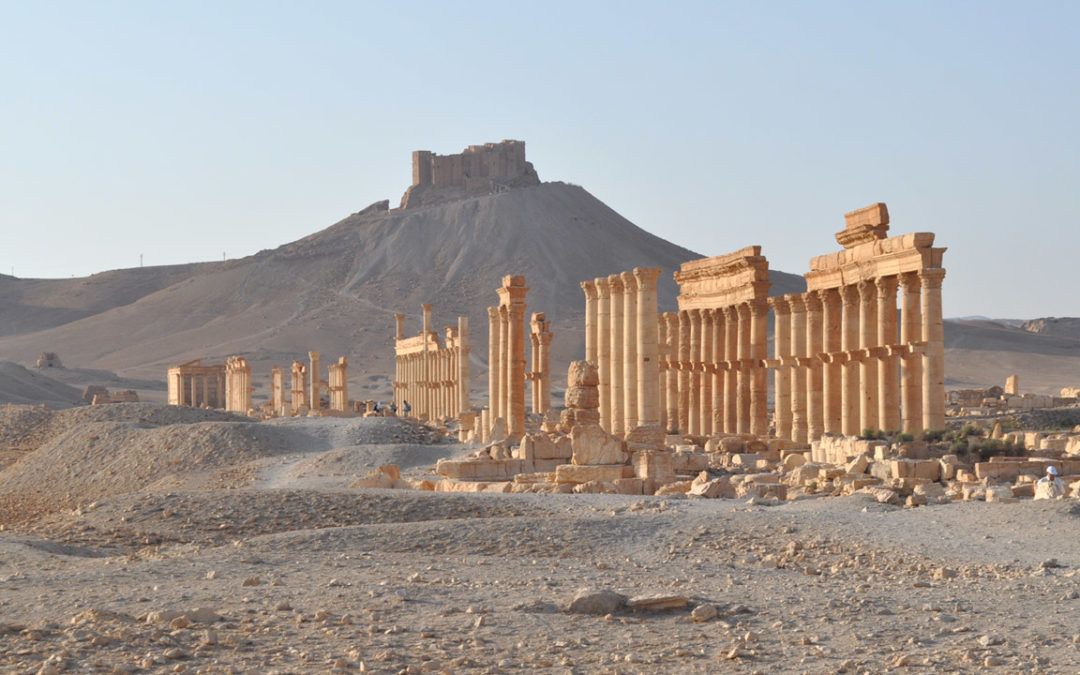“It Can’t Happen Here” — Frank Zappa
Since recorded history, our world has continually been at war or engaging in domestic civil wars.
Why?
Perhaps it takes repeated wars to reeducate generation by generation those who cannot imagine the reality of war and civil war.
In school, I was taught history chronologically, war by war and how the victors carved new national boundaries and subjugated the vanquished only to have domestic revolutions subdivide countries.
After wars or revolutions end in battlefields and graveyards, but after that generation dies off, wars become books or movies or heroic stories.
It is all just “book learning.” It is easy to get good grades and learn nothing.
There are few generations that are blessed as we have been in avoiding wars or revolutions. The United States has been fortunate. Its last revolution was the Civil War which ended over 150 years ago, and our last foreign war, the Vietnam War, ended over 50 years ago.
I am part of a generation that has not experienced a civil war or a major foreign war for 50 years, however I have experienced both on foreign soil.
After my formal education was over, museums, libraries and good conversations became my continuing education; but international travel gave me the best insights into my own country, its prosperity and its people.
Over ten years ago, I spent an evening with friends in a beautiful plaza in Aleppo in Northern Syria. Talk about the government was discouraged by our guide. Less than a year later, Syria was at war with itself and that beautiful plaza and much of the city had been wiped off the face of the earth.
A little further south, the 2,000 year-old Roman ruins of Palmera, a once beautiful city built around a long dry oasis, would be badly damaged by this modern war.
When I visited Dubrovnik more recently, our guide pointed out the bullet holes that had chipped away that walled city, which had been part of the former nation state of Yugoslavia.
Last summer, during a trip to northern France and the battlefields of the First World War, our guide at the Battle of Belleau Wood pointed to a stand of trees and asked, “How could these trees have survived the battles here and the later deforestation that cleared these fields around it?” And then answered: “The fighting here was so severe that the trees cannot be cut down because the bullets still buried in these trees would break the blades of the saws.”
I have also visited cities and nation-states torn by war and revolution, for example, when I visited the occupied and divided Beirut, Lebanon.
I had been invited to an opulent lunch overlooking a beautiful beach and the city below.
In the cab home, the driver spoke some English. In stop-and-go traffic we were delayed at a roundabout. I found myself three feet from the barrel of a tank pointing directly at my face.
Hoping to encourage the driver to edge forward slightly, I started a conversation, asking about a billboard with a cornucopia of figures looking down on me. He told me that it memorialized the assassinated leaders of the country and city.
That evening, I had dinner with a family who had lived on the top floor of an apartment building in another section of the city, which had had its roof blown off during the intermittent shelling of the city the year before.
A teenage member of the family joked that his mother had, after the damage of the blast, asked if everyone in the family was all right and then went back to eating dinner.
When I asked how on earth they could be so matter of fact, he answered, “Dinner was ready and getting cold.” He then added that fighting had been going on and off in various parts of the city for years, and when it was near their school they got days off until the fighting moved elsewhere.
On my way to the airport as I headed back to the U.S. the next day, I had to show my passport to soldiers in the quadrant of the city that held the airport. I can’t remember if they were Shia or Suni.
So what does global history teach me about my country?
“It can’t happen here.”
Our country supports the freedom fighters of Ukraine as they fight and die to preserve their country from the bloody invasion by Putin — the autocrat so admired by our former president.
After the failed coup d’état lead by this former president (who then raised a quarter of a billion dollars selling the false claim of a stolen election), almost every member of his party voted against an investigation of that coup. Now, half our country still refuses to acknowledge the January 6th Committee’s findings, even though almost all the witnesses are Republicans appointed by Republicans.
The most important protector of a democracy is the informed voter. I wish many of my fellow Americans could be as fortunate as I have been, getting to travel internationally.
So many of my friends will tell me, “We have always gotten through it before. We’re Americans. It can’t happen here.”
“It can’t happen here.”

